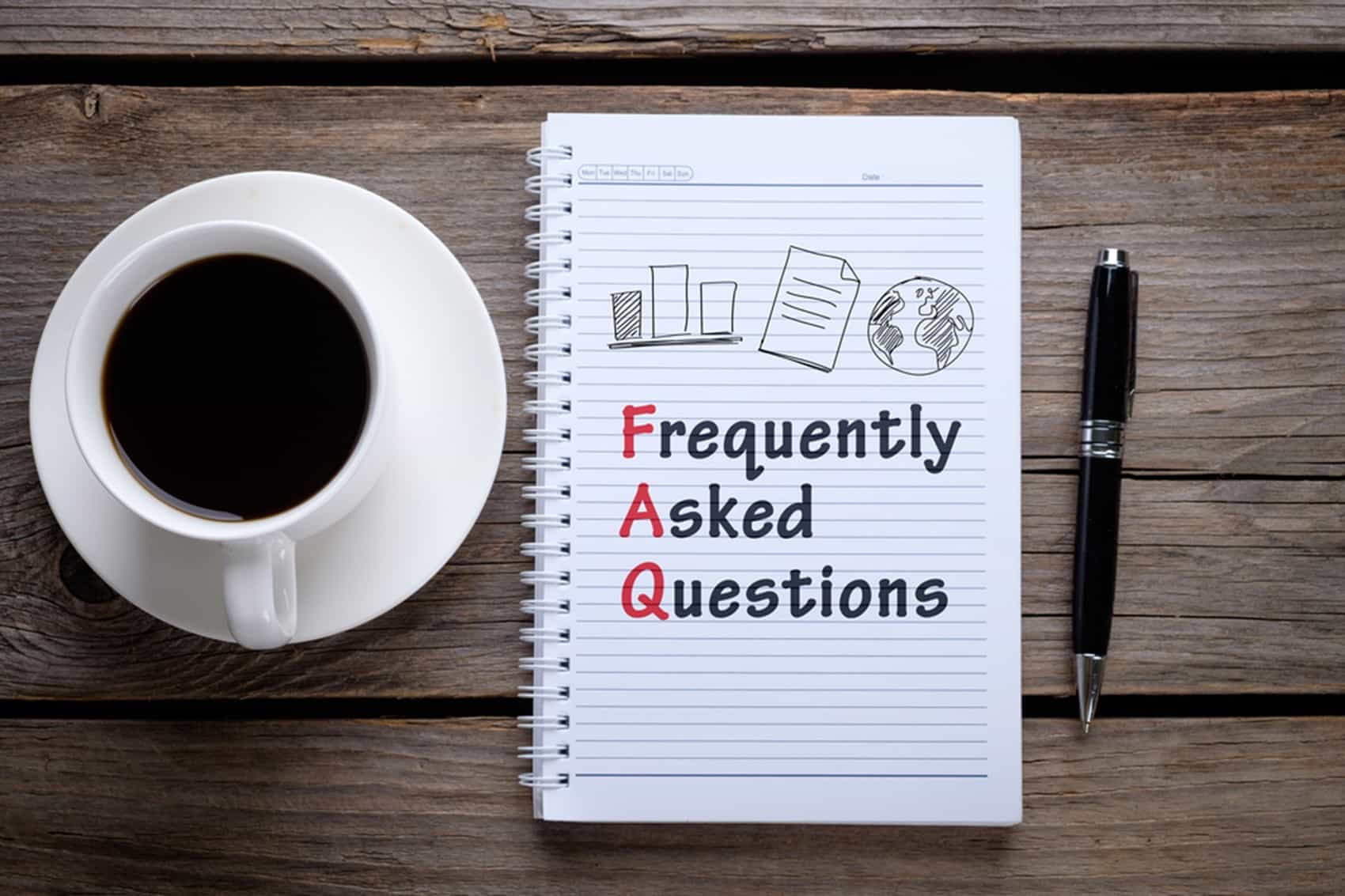Everybody likes surprises, except when they don’t. If you’re taking on your first mortgage, a surprise is the last thing you want. You need to know exactly how the process will go and what it will cost. To avoid unpleasant or expensive surprises, ask your mortgage lender these 5 questions.
1. What type of loan is best for me?
The traditional home mortgage is a 30-year fixed-rate loan where the interest rate never changes. Taxes and insurance may go up, but you pay the same underlying principal plus interest amount for the life of the loan. Fixed-rate loans can also be 15-year.
Other types:
- With an adjustable-rate loan, the interest rate is tied to a benchmark such as the prime rate. They usually start with a lower rate than a fixed-rate loan, but the rate can go up or down.
- An interest-only loan has a smaller monthly payment, but the total amount you owe doesn’t go down. At some point, you’ll have to replace it with a bigger payment or you’ll never pay off the home.
- A negative amortization loan is like an interest-only loan, but you’re paying only part of interest. The total amount you owe actually goes up.
Any of these might be right for your situation. A mortgage lender will explain how each will work specifically for you.
2. What are all the costs?
There are costs to you above and beyond what you agreed to pay the seller. These are called closing costs. When you compare mortgages, they’re as significant as the interest rate. You may pay them out of pocket, but most buyers roll most of them into the mortgage.
These costs include application fee, appraisal fee, credit check fee, origination and underwriting fee, title insurance, title search fee, recording fee, transfer tax, and cost of the property inspection. Closing costs generally run 2 to 5 percent of the mortgage.
There also can be discount points, which is essentially prepayment of interest. If you pay one point upfront, you lower your interest rate by one percent. Like your monthly interest payment, it’s tax-deductible.
Sometimes the borrower is required to pay the lender origination points for offering the loan.
Interest Rate
Your monthly payment is determined by the size of the loan and the interest rate, so it helps to have a low rate. Some factors that determine interest rate are:
- Credit score. The higher your score, the lower your rate.
- Home location. Interests rates vary by state and even within a state.
- Down payment. Lenders are willing to give a lower interest rate to borrowers who make a large down payment.
- Length of the loan. The shorter the term, the lower the rate. 15-year loans have a lower rate than 30-year.
- Fixed-rate vs. adjustable. Adjustable-rate loans have a lower initial rate. However, an adjustable-rate varies during the loan period, so eventually, it might be higher or lower than a fixed rate.
- Type of loan. Because of government backing, FHA, VA, and USDA loans sometimes have lower interests rates than conventional loans. However, these special loans may also have costs that make them ultimately more expensive.
Interest Rate Lock
If you start the mortgage process expecting a specific interest rate, that might not be the rate at closing. Rates go up and down. Sometimes you can guarantee the rate won’t rise by locking it. There may be a fee for locking but often there isn’t. If interest rates go down, you may or may not get the lower rate. Ask before you lock.
3. Is there a prepayment penalty?
Suppose you take a mortgage, and a year from now interest rates drop and you want to refinance. In some cases, there’s a prepayment penalty, which is an additional fee to pay off your original loan. It’s meant to protect the lender, who spent money to initiate the mortgage and will lose if they don’t collect interest for at least a few years. Prepayment penalties usually apply only in the early years of the mortgage.
4. What’s the smallest down payment I can get?
20 percent down is the “gold standard” that will get you the best terms. However, conventional and FHA loans can be had for 3 or 3.5 percent down. You’ll pay a higher interest rate, and you’ll have to buy private mortgage insurance. If you’re a veteran or an eligible buyer in a rural area, there are VA and USDA loans at zero down.
5. Other costs I need to know?
There may be miscellaneous costs such as flood letters, tax transcript fees, or credit reports. While the seller generally pays the commission, a buyer’s agent may charge a flat fee.
Usually, property taxes and insurance are escrowed. You pay into an escrow account as part of your monthly payment and the lender makes the periodic payment.
It’s vital to understand all the particulars of the obligation you’re undertaking. Mid-America Mortgage will sit down with you, answer your questions and help you choose the mortgage that’s best for you.



